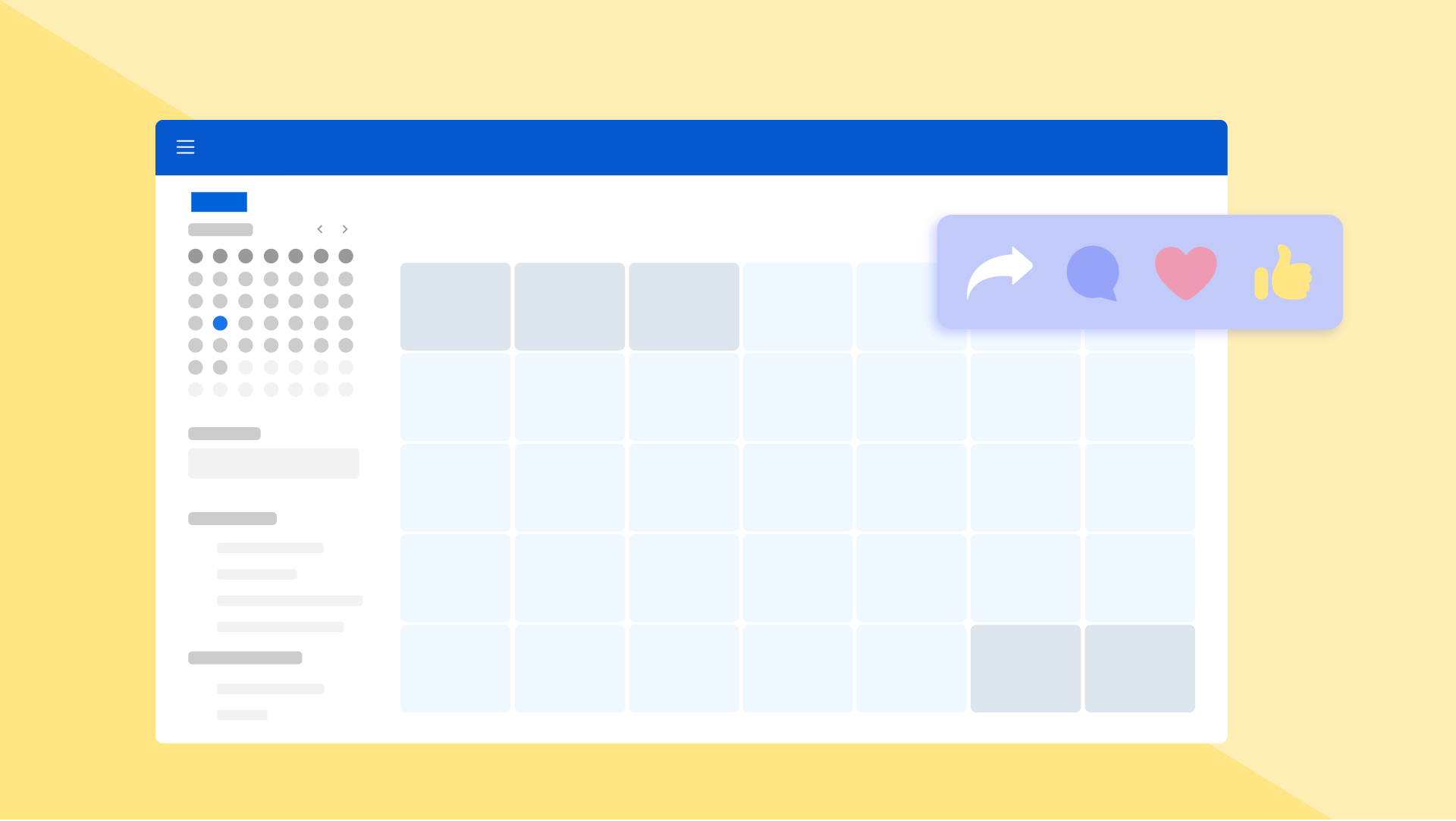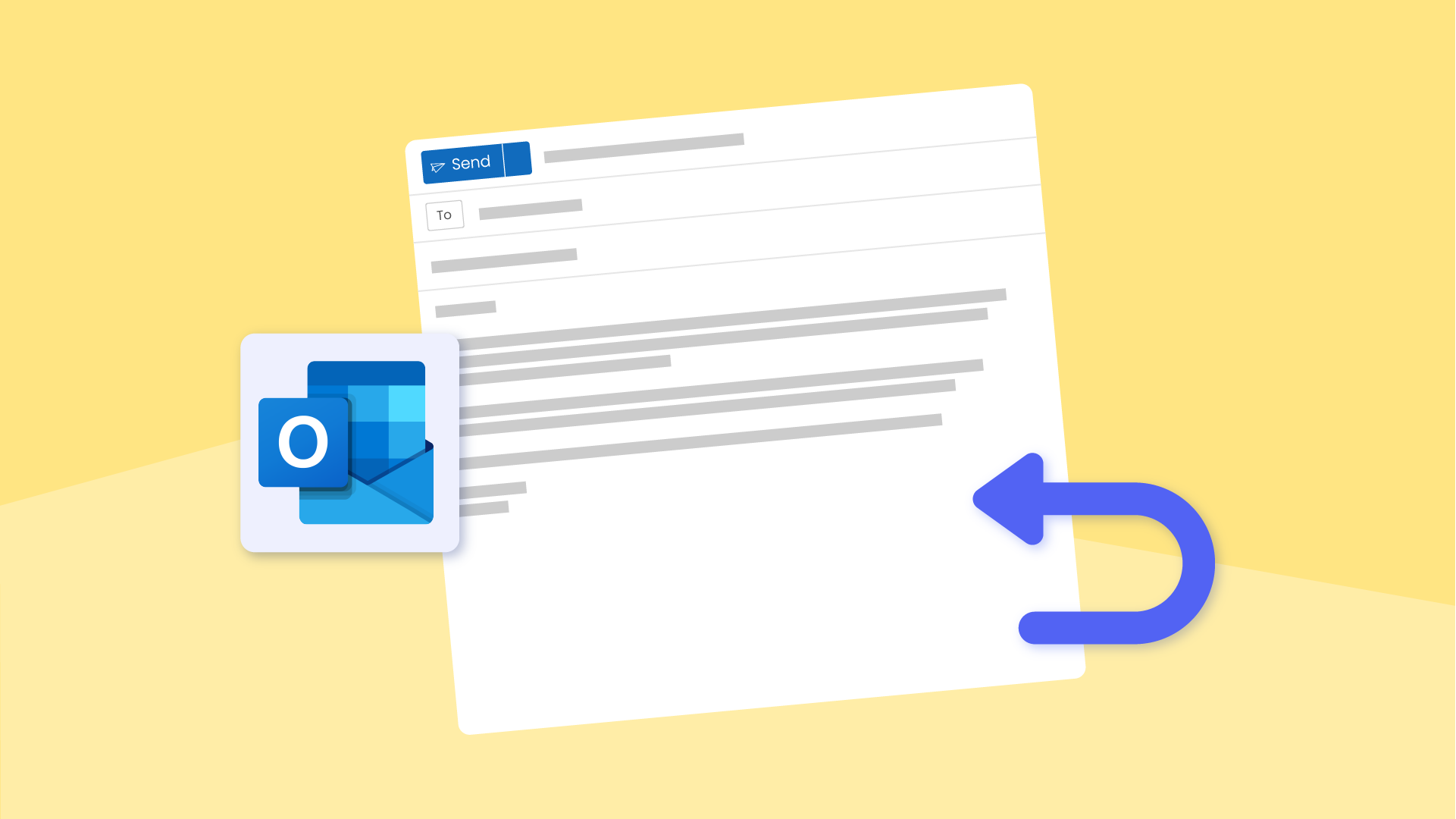

Sick of the gut-wrenching feeling that there just isn’t enough time? If you get overwhelmed trying to decide what to do next, or constantly worry about falling behind – you may end up doing nothing at all.
78.7% of people stress over time, or lack of it. And between trying to stay on top of a huge task list, organize in-flight projects, manage direct reports, attend all your meetings, respond to a never-ending stream of emails, and maybe even squeeze in a daily lunch break (which only 61% of workers regularly do!) – 40 hours really doesn’t seem like enough.
It’s time to address the fear and anxiety of managing time in your everyday life. In this guide, learn the top 10 causes of time anxiety and simple solutions to overcome it.
What is time anxiety?
Time anxiety is an ongoing feeling of fear and stress about the passing of time. Our body's stress reaction can range from being occasionally uncomfortable to completely debilitated, depending on how crazy of a week you’re facing. Time anxiety can manifest in a variety of different ways at work.
Common time anxiety symptoms at work:
- Worrying about being late to work, meetings, or other events.
- Stressed by deadlines as they approach, or even when they are far out.
- Getting stuck by decision paralysis when choosing what to start next.
- Constantly rushing because you feel you aren't doing enough, or working fast enough.
- Feeling like a failure because you’re falling behind or are worried that you will.
- Not taking breaks or time off because you feel you can’t afford to, or don’t deserve to.
- Developing chronophobia – an irrational, extreme fear of time passing or running out.
Workplace stress is not a new phenomenon, and has actually increased 20% in the past two decades. The start of the COVID-19 pandemic in 2020 took things to the next level as everyone scrambled to navigate professional life in remote and hybrid setups on top of newfound uncertainty – marking it as one of the most stressful years, ever.
In fact, almost 80% of workers feel that the coronavirus pandemic has negatively impacted their mental health – with reported anxiety up a staggering 55% from before the pandemic, and the average burnout rate sitting at an alarming 60.2% as of October 2022. And as professionals still navigate managing their new ‘normal’ working from home, handling bigger task loads, and more meetings than ever before – a spike in workplace and future time anxiety can lead to very serious consequences when left unaddressed, like mental exhaustion or job burnout which hurts employees and organizations alike.
Time anxiety causes & solutions
The best way to manage your time is to create a system that supports your productivity so you can maintain your long-term well-being at work. Let’s take a look at some of the common causes of time anxiety, with tips to overcome them.
1. You don’t actually know where your time is going
A shocking 82% of people don’t have any time management system in place to help organize their workloads. If you’re going through the motions of each week not knowing where exactly your time is going every day, it’s not surprising that you might find yourself feeling anxious and out of control.
The solution: If you’re constantly feeling stressed about time, try looking back at how you’ve been managing your time recently. What has worked? What isn’t working? A time management system is key to making the most of the limited hours you have in a week, and can include popular approaches like time blocking, productivity techniques like working in deep vs. shallow work sessions or Pomodoro timers, and apps to help organize your time and workload (more on that later).
2. You don’t have clear priorities
When you don’t know what you’re working towards, time anxiety can become an existential fear – feeling like your efforts at work lack purpose or meaning. This can take a serious toll on your motivation, work performance in your position, and your overall mental wellbeing when every day feels unproductive.
The solution: Take some time to reflect on your big picture goals to inject drive back into your day-to-day work life. Where do you want to be in 6 months, 1 year, and 5 years from now? What does your job satisfaction look like at your current position, and how could it be improved? Work backwards with goal-ladders to identify smaller goals that will help you reach the finish line so you always have a north star to work towards.
3. You’re not defending your time
Knowing what you need to do is step one – but knowing when you’re going to do it is key to getting it done. Time blocking is one of the most popular time management techniques for this reason, creating a habit of breaking up your day into dedicated time ‘blocks’ to complete your specific tasks.
The solution: Use your calendar for more than just meetings and appointments! Time blocking everything in your schedule can boost your productivity up to 80%, from deep work sessions on individual tasks to short time blocks to catch up on email. You can also automate this process through a productivity tool like Reclaim.ai that syncs your task list to Google Calendar, and finds the best time for work on your tasks, routines, breaks, even 1:1 meetings between you and another attendee’s schedule.
4. You’re not making a daily plan
To make any time blocking or time management strategy successful, you need to make realistic plans about how you’ll be spending your time across tasks and priorities. Two major pitfalls that cause time anxiety are underestimating how long something will take to accomplish, and overestimating how much you can fit into a day. This can leave you feeling overwhelmed at work and constantly behind.
The solution: Make it a regular habit to plan out fewer, SMARTer daily goals, and build out weekly work plans that align with your current priorities. Planning ahead of time increases your chances of success, boosts your motivation, and seriously reduces the amount of time you waste just figuring out what to work on. Don’t forget to time block it all in your calendar with realistic estimates on how long each task will take to create an actionable plan oriented around your goals every day.
5. You are getting distracted
The average person is interrupted every 5-15 minutes during their workday - and thanks to context switching - all those ‘quick’ interruptions can actually end up costing you up to 6 hours/day. Even the best laid plan can completely fall off track if you’re not proactive about managing interruptions.
The solution: Try reducing opportunities for interruptions by disabling notifications on your devices and apps during focus time to maximize productivity. You can also reduce well-intentioned interruptions from your team by communicating when you’re busy by sharing your calendar, or keeping them updated on platforms like Slack by auto-syncing your status with your schedule.
6. You struggle with saying “no”
This one is tough for many workers, because it goes against the ‘hustle mentality’ most of us were conditioned to, and we just hate to let our coworkers down. The thing is – you simply cannot have time for everything. Trying to do it all just leaves you overworked, compromises your performance, and causes even more time anxiety.
The solution: When you’re constantly putting your priorities on the backburner to help other people with what they need – you’re allowing yourself to get overrun and set back from reaching your goals. Getting clear on your own priorities and blocking your daily plans in your calendar helps you manage your time, and better communicate your availability with others. This is a helpful foundation to start declining requests for your time when unimportant meetings or projects come up that you just don’t have the bandwidth for. It can be uncomfortable at first - but practice makes perfect!
7. You might be struggling with an underlying mental health issue
Sometimes other factors can be triggering issues with anxiety at work. According to TalkSpace – conditions including depression, generalized anxiety disorder, OCD, ADHD can present symptoms like time anxiety.
The solution: If you’re struggling with time anxiety despite your best time management efforts, it can be a good idea to consult with a mental health professional to rule out the possibility of an underlying mental health issue. Your everyday work life should not be a battle, and there are resources available to help get you the support you need to function at your best.
8. You have unrealistic expectations
It's easy to get caught up in aiming really high, but sometimes that can backfire. When you set expectations that are a bit too ambitious for the time you have, you might end up feeling overwhelmed and like you're always behind. This could show up in a few ways, like taking on too many projects, setting deadlines that are a bit too tight, or trying to make every single task absolutely perfect.
The solution: First things first, it's helpful to take a realistic look at what you can actually handle. Think about how you've done in the past, what your workload looks like right now, and what kind of resources you have available. Doing so will help you set goals and deadlines that make sense for you. It's also a good idea to break down bigger projects into smaller, bite-sized pieces. This makes the whole thing seem less intimidating and gives you a sense of accomplishment (which will alleviate your time anxiety) as you check things off your list.
9. You are suffering from information overload
These days, it feels like we're constantly drowning in information, right? Emails, social media, news, messages... it's a lot to keep up with. It can be seriously overwhelming, making it hard to focus, figure out what to tackle first, and just manage your time in general. And with all the pressure to stay in the loop, it's easy to get caught up in that "fear of missing out" feeling. It can make you anxious and like there's just not enough time to deal with everything.
The solution: To deal with this information overload, you must be more aware of how you're taking in all this information. Try setting some boundaries for when and how you use technology. Maybe schedule specific times to check emails and social media, and try not to constantly refresh those feeds. It's also really important to disconnect regularly and take breaks from your devices. Give your mind a chance to rest and recharge.
10. You have a fear of failure
The fear of failure, or atychiphobia, can really play a big part in feeling stressed about time. It can make you put things off, avoid tough tasks, and even spend way too much time on tiny details. All of that just adds to feeling overwhelmed and anxious about how you're using your time. Constantly worrying about making mistakes or not measuring up can trap you in a cycle of anxiety, making you less productive.
The solution: Getting over that fear of failure really means changing your mindset and finding ways to cope. Start by just admitting to yourself that you have this fear, and try to accept it. Occasionally messing up is a normal part of learning and growing, and it doesn't say anything about your worth as a person. Challenge those negative thoughts and try to replace them with something more realistic and positive.
Reclaim your time = beat time anxiety ⏱️
Managing time anxiety starts with knowing and aligning your everyday efforts with your short-term and long-term goals. From there, you can begin to improve your time management skills to help you make progress towards those priorities every day.
Your time is your most valuable resource, and the reality is, you are limited to only so many hours in your day to day life. But reclaiming exactly how those hours are used can help you achieve your future goals, feel more motivated at work, say “no” to the things you don’t have the time or energy for, and ultimately, get more done every week with less stress.
Have you learned to manage your time anxiety in your own life? Tweet us @reclaimai to share any tips we missed!
Productivity Trends Reports
Ready for an
AI calendar?
Auto-schedule focus time, meetings, & breaks on Google Calendar + Outlook Calendar.
Start scheduling →It's free! 🎉





























